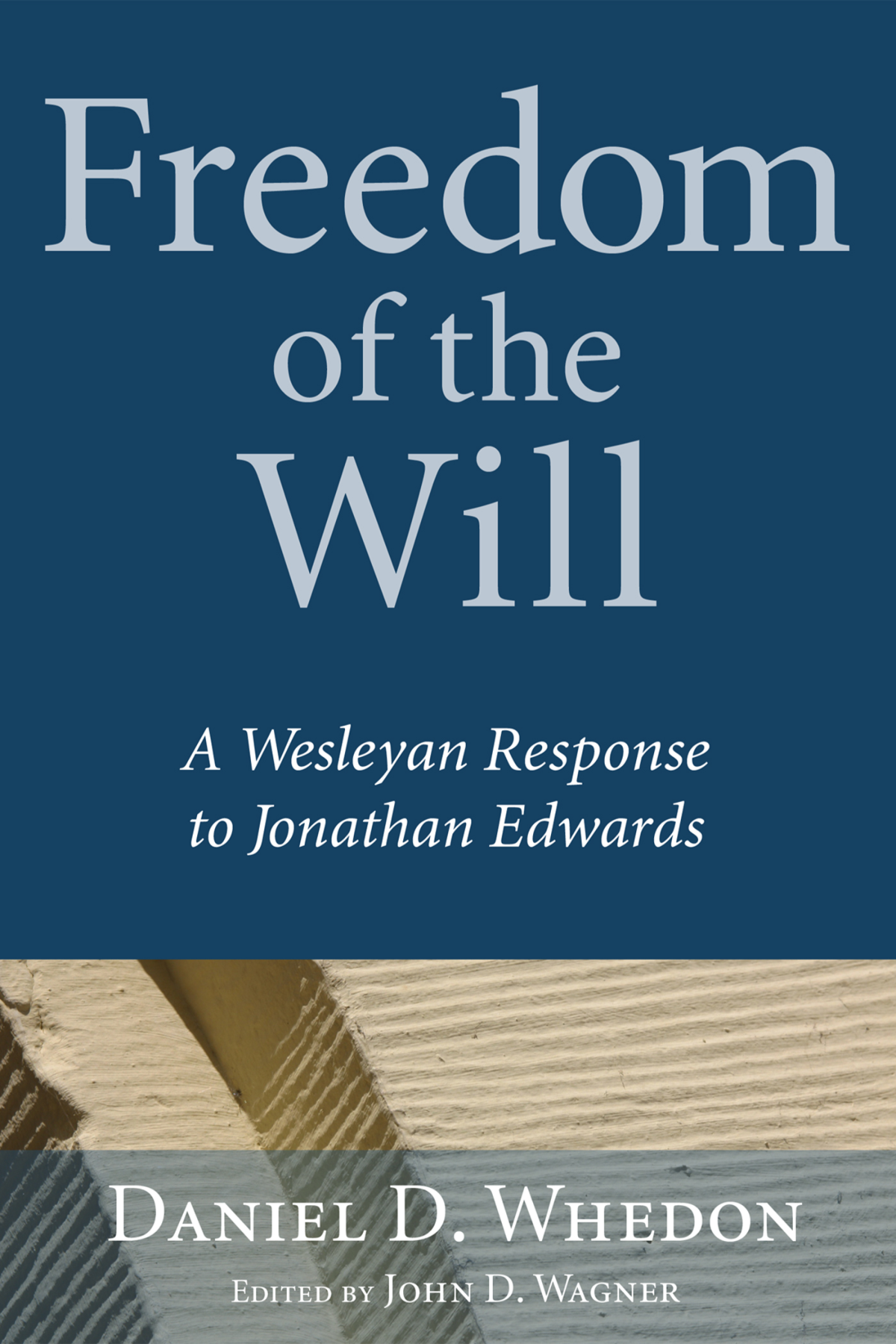

Most ebook files are in PDF format, so you can easily read them using various software such as Foxit Reader or directly on the Google Chrome browser.
Some ebook files are released by publishers in other formats such as .awz, .mobi, .epub, .fb2, etc. You may need to install specific software to read these formats on mobile/PC, such as Calibre.
Please read the tutorial at this link: https://ebookbell.com/faq
We offer FREE conversion to the popular formats you request; however, this may take some time. Therefore, right after payment, please email us, and we will try to provide the service as quickly as possible.
For some exceptional file formats or broken links (if any), please refrain from opening any disputes. Instead, email us first, and we will try to assist within a maximum of 6 hours.
EbookBell Team

4.3
18 reviewsIs the human will in bondage to sinful motives, to the point that people cannot make truly free decisions? Daniel D. Whedon, a prominent nineteenth-century Wesleyan theologian, takes aim at this central thesis of the famed theologian Jonathan Edwards. In this new edition of his widely admired 1864 work, Whedon offers a step-by-step examination of Edwards's positions and finds them lacking in Biblical and logical support. Within his position against Edwards, he argues that the difference between natural ability and moral ability is meaningless, that Edwards's deterministic necessitarian argument makes God the author of sin, and that people frequently act against their strongest motives. He concludes that, without a free will, there can be no justice, no satisfying the moral sense, no moral Government of which the creature can be the rightful subject, and no God the righteous administrator.